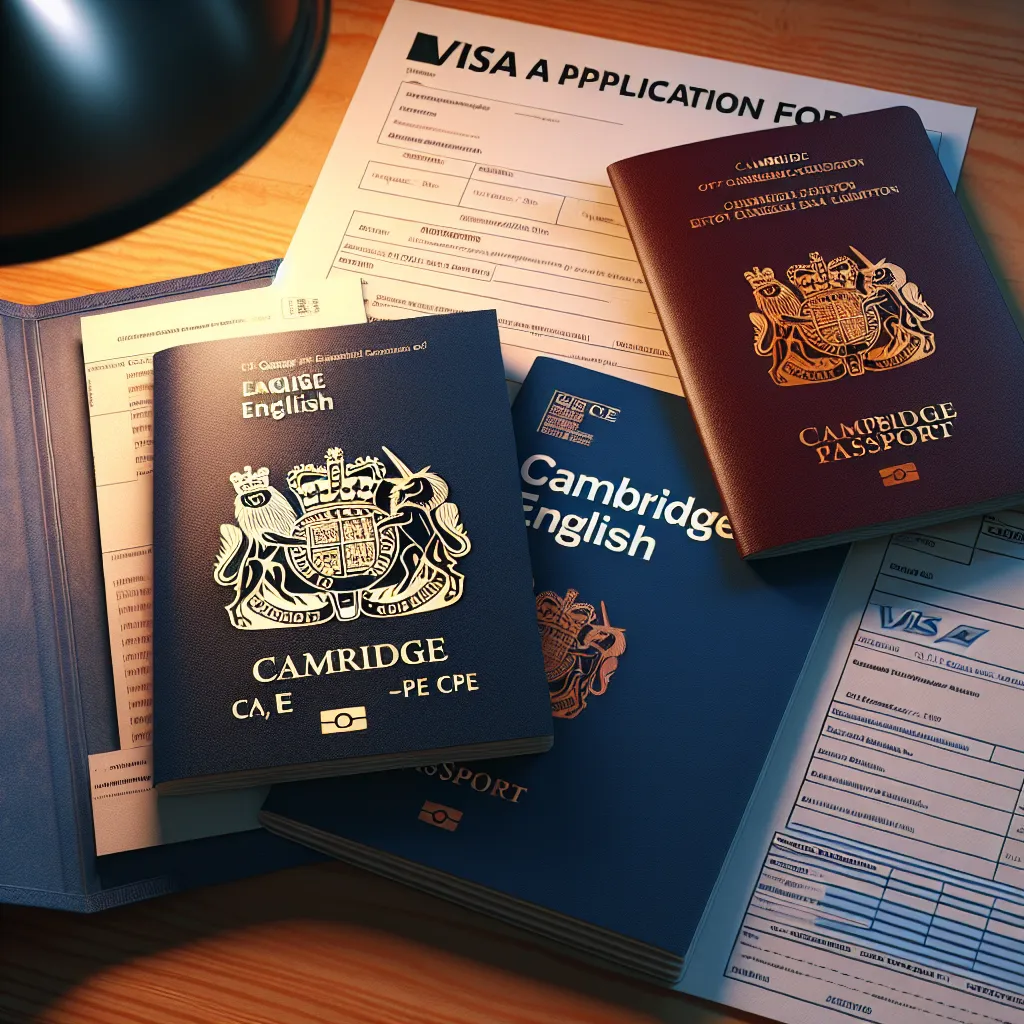Are you preparing for a Cambridge exam and aiming for a top score? Look no further! In this comprehensive guide, we’ll walk you through the best Cambridge study plan to help you achieve your goals. Whether you’re taking the FCE, CAE, or CPE, these expert tips and strategies will set you on the path to success.
Understanding the Importance of a Solid Study Plan
Before diving into the specifics, it’s crucial to understand why a well-structured study plan is essential for Cambridge exam success. A good study plan:
- Helps you manage your time effectively
- Ensures you cover all exam components
- Builds confidence and reduces stress
- Allows for consistent progress tracking
 Cambridge Exam Preparation
Cambridge Exam Preparation
Key Components of an Effective Cambridge Study Plan
1. Assess Your Current Level
Before creating your study plan, it’s important to know where you stand. Take a diagnostic test to identify your strengths and weaknesses in each exam component:
- Reading
- Writing
- Use of English
- Listening
- Speaking
2. Set Realistic Goals
Based on your assessment, set specific, measurable, achievable, relevant, and time-bound (SMART) goals. For example:
- “Improve my Use of English score by 10 points in 2 months”
- “Complete 20 practice reading tests with 80% accuracy within 6 weeks”
3. Create a Study Schedule
Develop a weekly study schedule that allocates time for each exam component. Be sure to:
- Set aside dedicated study time each day
- Vary your focus to maintain interest
- Include short breaks to avoid burnout
4. Use High-Quality Study Materials
Invest in reputable Cambridge exam preparation resources:
- Official Cambridge exam preparation books
- Online practice tests from Cambridge English
- Grammar and vocabulary books tailored to your exam level
Learn more about the best Cambridge exam preparation materials
5. Practice All Exam Components Regularly
Ensure your study plan includes regular practice for all parts of the exam:
- Reading: Practice skimming, scanning, and detailed reading techniques
- Writing: Write essays, reports, and other required text types
- Use of English: Focus on grammar, vocabulary, and language manipulation
- Listening: Engage with a variety of accents and speech patterns
- Speaking: Practice with a study partner or language exchange app
6. Implement Effective Study Techniques
Incorporate proven study methods into your plan:
- Spaced repetition for vocabulary retention
- Active recall through flashcards and quizzes
- Mind mapping for organizing ideas
- Timed practice to improve exam pacing
 Effective Study Techniques
Effective Study Techniques
7. Immerse Yourself in English
Supplement your focused study with immersive English experiences:
- Watch English-language TV shows and movies
- Read English news articles and books
- Listen to English podcasts and radio programs
- Participate in English conversation groups
8. Monitor Your Progress
Regularly assess your improvement:
- Take practice tests under exam conditions
- Keep a study journal to track your progress
- Adjust your study plan based on your performance
9. Seek Expert Guidance
Consider working with a Cambridge exam specialist:
- Enroll in a preparation course
- Schedule one-on-one tutoring sessions
- Join online Cambridge exam forums for peer support
Discover the benefits of professional Cambridge exam coaching
10. Focus on Exam Strategies
In addition to content knowledge, develop exam-specific strategies:
- Time management techniques for each section
- Effective note-taking during the listening test
- Paraphrasing skills for the speaking and writing components
Sample Weekly Cambridge Study Plan
Here’s an example of how you might structure your weekly study plan:
- Monday: Reading (1 hour) + Use of English (30 minutes)
- Tuesday: Listening (1 hour) + Vocabulary review (30 minutes)
- Wednesday: Writing (1.5 hours)
- Thursday: Speaking practice (1 hour) + Grammar review (30 minutes)
- Friday: Use of English (1 hour) + Reading (30 minutes)
- Saturday: Full practice test (3-4 hours)
- Sunday: Review test results and plan for the week ahead (1 hour)
Remember to adjust this plan according to your personal schedule and needs.
Common Mistakes to Avoid
As you implement your Cambridge study plan, be wary of these common pitfalls:
- Overemphasis on one exam component at the expense of others
- Neglecting to practice under timed conditions
- Focusing solely on content without developing exam strategies
- Failing to seek feedback on speaking and writing tasks
- Cramming instead of consistent, spaced practice
Next Steps: Putting Your Plan into Action
Now that you have a comprehensive understanding of the Best Cambridge Study Plan For A High Score, it’s time to take action:
- Create your personalized study schedule based on the principles outlined above
- Gather your study materials and resources
- Set up a dedicated study space
- Find a study partner or join an online Cambridge exam community
- Start implementing your plan today!
Remember, consistency and dedication are key to achieving your Cambridge exam goals. Stay motivated, track your progress, and don’t hesitate to adjust your plan as needed.
By following this expert-crafted study plan and avoiding common mistakes, you’ll be well on your way to securing a top score on your Cambridge exam. Good luck with your preparation, and may your hard work lead to outstanding results!




